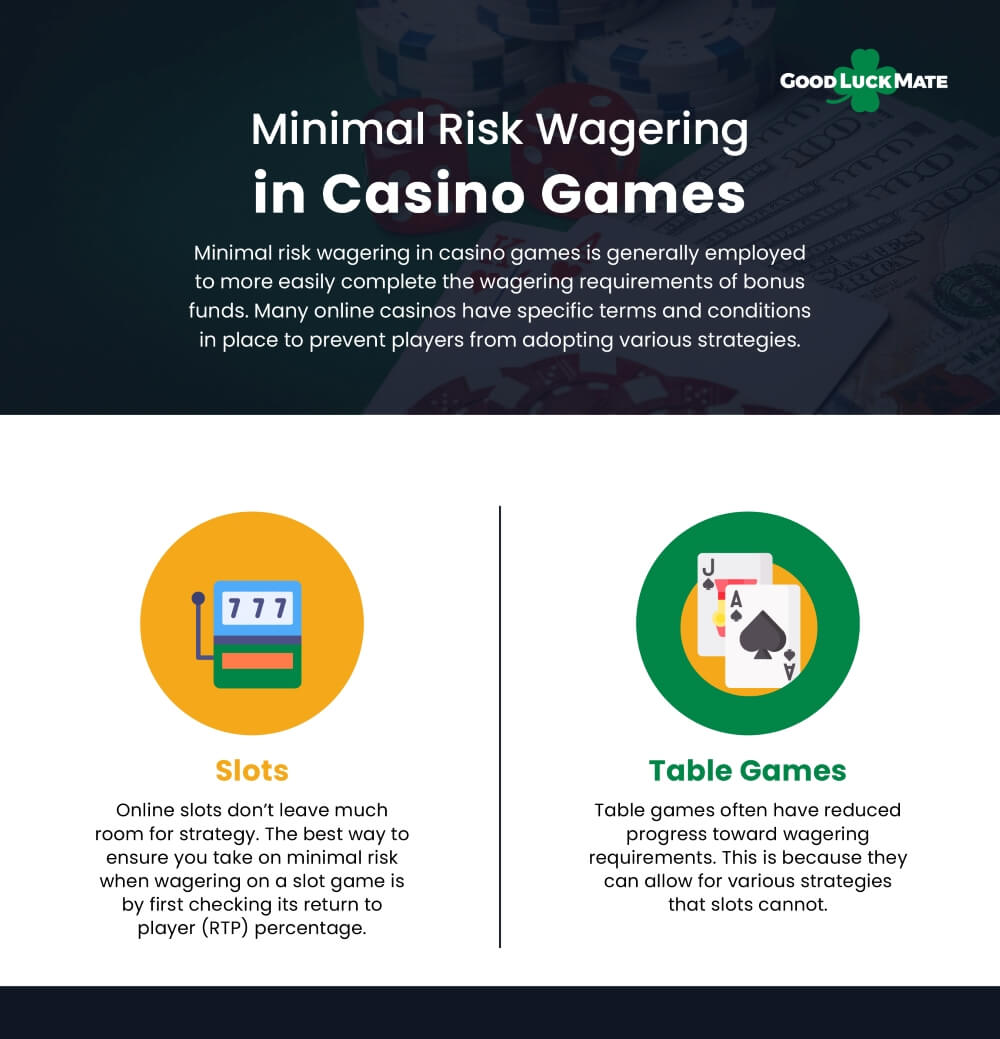The Hookup Critic
Your go-to source for honest reviews and tips on dating and relationships.
Betting Without Regrets: Exploring the Myth of Risk-Free Gambling Systems
Uncover the truth behind risk-free gambling systems and learn why betting without regrets is a myth. Don’t miss these shocking insights!
The Illusion of Risk-Free Betting: Why No System is Foolproof
Many people are drawn to the world of sports betting with the compelling allure of risk-free betting systems. The promise of guaranteed profits or a foolproof strategy can be incredibly enticing, leading bettors to believe that they can outsmart the odds. However, it's important to understand that no betting system is infallible. Even the most sophisticated models and strategies can't eliminate the inherent uncertainties of sports outcomes, as unexpected events can always occur. Statistical probabilities and analytics may improve your chances, but they cannot erase the fundamental unpredictability that sports inherently possess.
Moreover, the illusion of risk-free betting can lead to dangerous habits and overconfidence among bettors. Many individuals find themselves engaging in reckless behavior, convinced that their chosen system will yield positive returns. This mindset often results in significant financial losses, as the reality of betting contradicts the idea of a guaranteed win. It's essential for bettors to approach gambling with a clear understanding that while strategies can enhance their betting experience, no method can provide a safety net against the risks involved.

Counter-Strike is a highly popular first-person shooter game that pits teams of terrorists against counter-terrorists in various objective-based scenarios. Players engage in tactical combat, utilizing teamwork and strategy to outmaneuver opponents and complete mission objectives. For those interested in enhancing their gaming experience, there are options to explore, including the stake promo code for exclusive bonuses.
Understanding the Psychology Behind Risk in Gambling
Understanding the psychology behind risk in gambling is essential for anyone involved in the gaming industry or for players themselves. Many individuals are drawn to gambling due to the thrill and excitement of potential rewards, which often outweighs the awareness of the possible losses. This phenomenon can be attributed to a range of psychological factors, including cognitive biases like the gambler's fallacy, where players believe that past results influence future outcomes. Additionally, the illusion of control plays a significant role, as gamblers often feel they can influence random events, leading to increased participation in risky behaviors.
Moreover, the concept of loss aversion is critical in understanding the risk-taking behaviors associated with gambling. According to behavioral economics, losing money is often psychologically more painful than the joy of winning the same amount. This bias can drive individuals to chase their losses, further deepening their engagement in gambling activities despite the risks. By comprehending these psychological elements, both players and industry professionals can make more informed decisions regarding risk management and responsible gambling practices.
Can You Really Beat the Odds? Debunking Common Betting Myths
When it comes to betting, one of the most pervasive myths is that certain strategies or systems can guarantee success. Many believe that by employing specific methods, such as the Martingale system or betting on 'hot' teams, they can consistently beat the odds. However, it's essential to understand that betting outcomes are largely based on chance. While these strategies may yield short-term wins, in the long run, the house always maintains an edge. Therefore, relying on these myths can lead to disappointments and losses rather than the promised victories.
Another common misconception is that past performance can predict future results. It's tempting to think that if a team has won their last five games, they are more likely to win again. However, this fallacy ignores the inherent unpredictability of sports and the many variables at play. Beating the odds is not just about analyzing statistics; it's about recognizing that every game is an isolated event. By debunking these common betting myths, you can approach your wagers with a clearer, more informed perspective and ultimately make smarter betting choices.